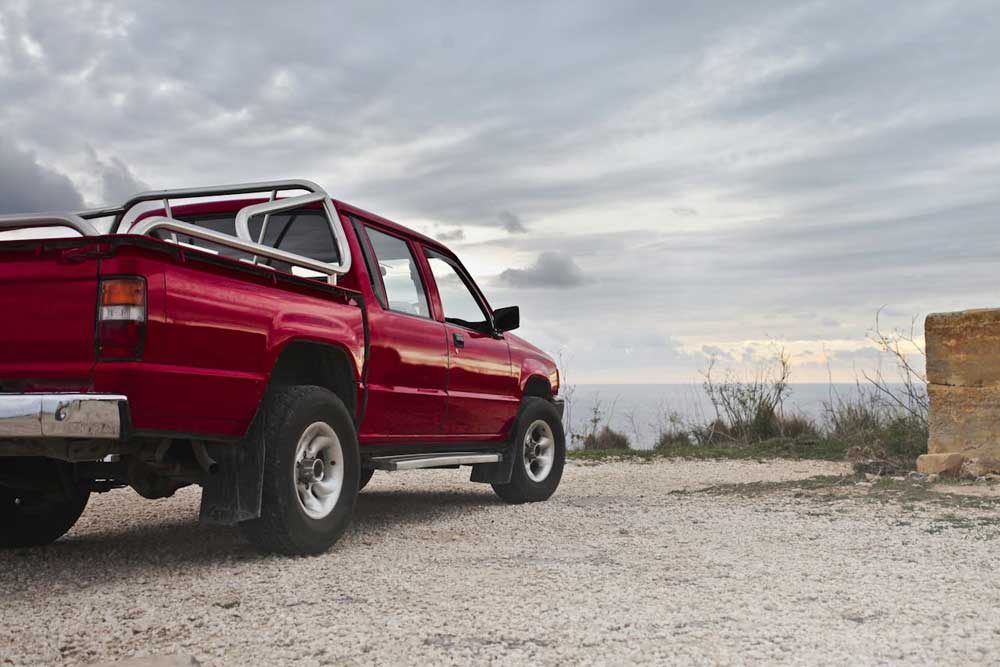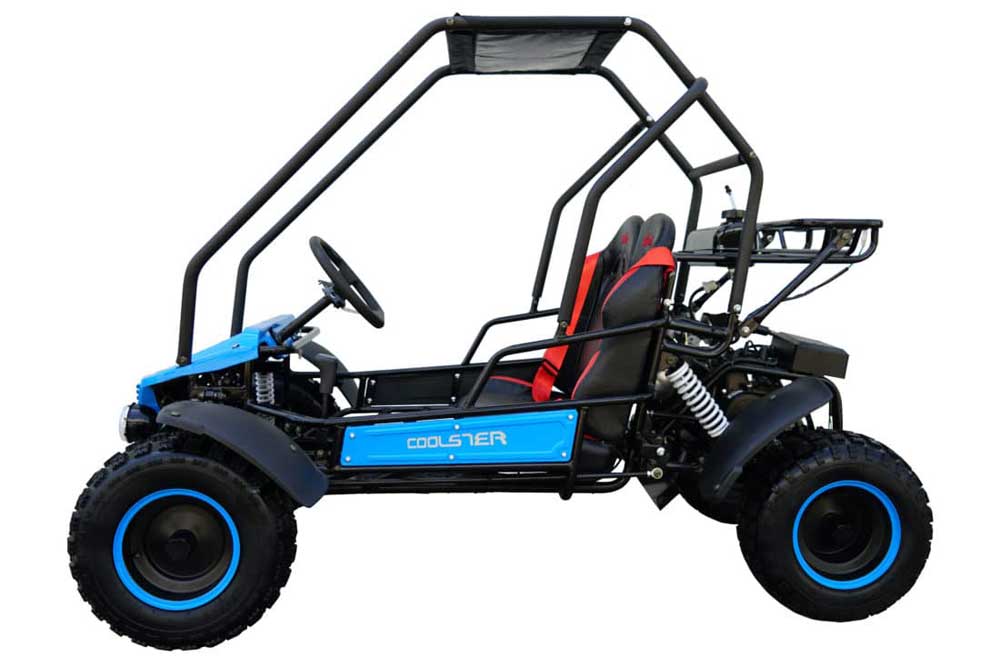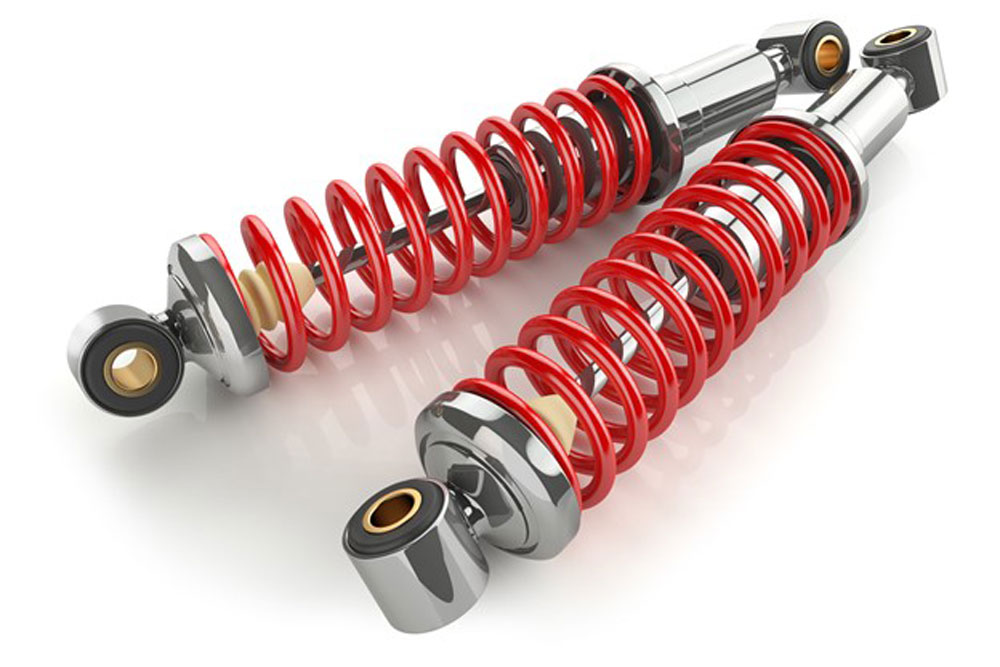Tires are a very important part of a vehicle and they experience the most wear and tear. They are the only things between the road and the vehicle. Tires that are in a good condition and are properly inflated optimize the performance of your car. They also ensure the stability and safety of your car. Inflated and damaged tires not only make driving difficult but they also pose the risk of your vehicle going out of control.
Fortunately, we now we have tougher tires than ever before. They can withstand a lot of resistance and tough conditions, and can remain in top-notch condition for long periods of time. Being such an important automotive part, they require keen and meticulous care for a longer lifespan. We have put together some tested ways and maintenance techniques that can help you prolong your tires’ lifespan. By following these ways, you can cut down a lot of expense of premature removals and tire replacements.
1. Regular Puncture Checks
Tires tend to lose air on their own through valve caps or small punctures anywhere in the tube. It is difficult to maintain the pressure in tires all the time. To steer clear of major leaks and serious punctures, you should keep a regular check on the inflation of the tires. You do not need to take your car to a mechanic every time you want inflation checks, and you can easily do that on your own. Visually check your tires especially after hitting a pothole, curb, gravel or other road debris. If you find any puncture or damage to the tire, get it fixed as soon as possible. Driving a vehicle with even a slightly damaged tire can ruin the tire tube in a very short time.
2. Check Air Pressure Every Month
Another easy way to extend the lifespan of your tires is to main the right air pressure in your car’s tires. Driving your car when the air pressure is not adequate can decrease the performance, increase wear and tear, and poses a risk of blow out. To prevent such conditions, it is important to determine the air pressure levels and maintain them on a monthly basis.
Every month, tires can naturally lose about a pound per square inch of pressure. For every 10 degree decrease in temperature, the tires lose 2 PSI of pressure. This means you need to make these checks more frequent in winters. On the other hand, in summer, the tire pressure increases which can lead to sudden blow out.
These measures can not only save money but also ensure safety. Proper air pressure in tires also increases fuel efficiency. You can increase the gas mileage up to 3.3% by maintaining the right air pressure in your car’s tires.
3. Proper Mounting of Tires
Mounting the tires correctly on the wheel is very important for the durability of the tires. The more round the tire is, the more is its potential to withstand wear and tear. When you mount the tire on the wheel, it should be match-mounted. Manufacturers mostly mark wheels to show the low spot and mark the tire to show the high spot. The high spot can vary from tire to tire. You can find out how the manufacturers of the tires you use mark the tires to understand it more properly.
Mounting should be easy as long as you take the high spot of the tire and match it with the low spot of the wheel. Once you have mounted correctly in this way, you will not need to balance the tire.
4. Rotate Tires on your Car
Another important aspect of tire maintenance is to rotate the tires of your car. The task might look like a lot of effort and time consuming chore but it is an ingenious approach to decrease the usual wear and tear and increase the durability of your car tires. It also gives your car extra miles in tread life.
More often than not, the front tires of the car face more damage than the rear tires, therefore, it is important to rotate the front and rear tires to give more stability to your vehicle. On the contrary, in rear-wheel drive vehicles, the rear tires wear faster. In any case, you should rotate the tires at least once in their tread life.
5. Reduce your Top Speed
Your vehicle produces more heat at high speeds which increases the wear of the rubber tires. Research shows that increasing speed can reduce the total tread mileage of your tires to a great extent. This means that a tire that would provide more miles in tread life will now provide far less miles. There is another added benefit of reducing your top speed which is fuel efficiency. For every mph over the speed of 55, the fuel usage of the car increases.
6. Maintaining the Alignment of your Car
Misalignment of your car can lead to a premature wear and tear of your car tires. Some obvious signs of misalignment are that your car would drift right or left and your steering wheel would appear to shake constantly. These two signs should tell you that your car is not properly aligned. Sometimes, misalignment also goes without notice. A very small misalignment can decrease the fuel efficiency of your car and increase the tread wear. We recommend you to take your car for an alignment check to a mechanic every six months or anytime you notice the signs of misalignment.
These are some easy maintenance tips and preventive measures that can help you save a lot of money by extending the lifespan of your car tires. By following these tips, not only can you increase the tread life and fuel efficiency of the car but also ensure your safety to a great extent.
If you are looking for a Chevy Impala for sale, you can find a Chevy dealer in Bolingbrook.











